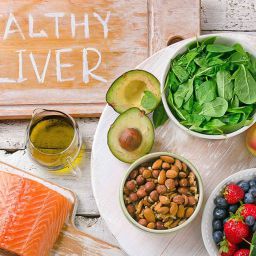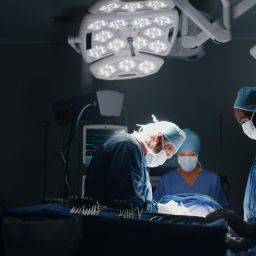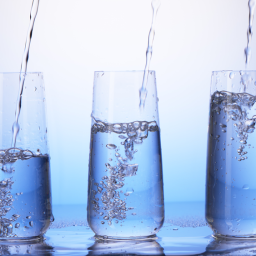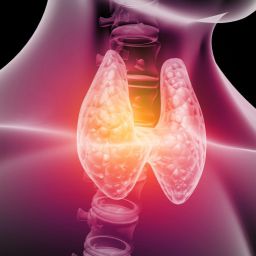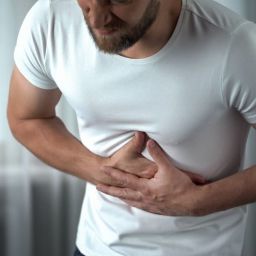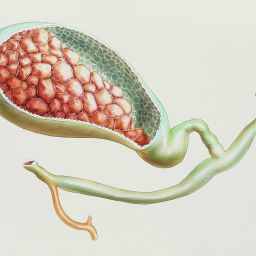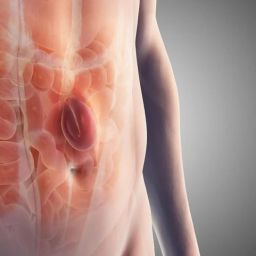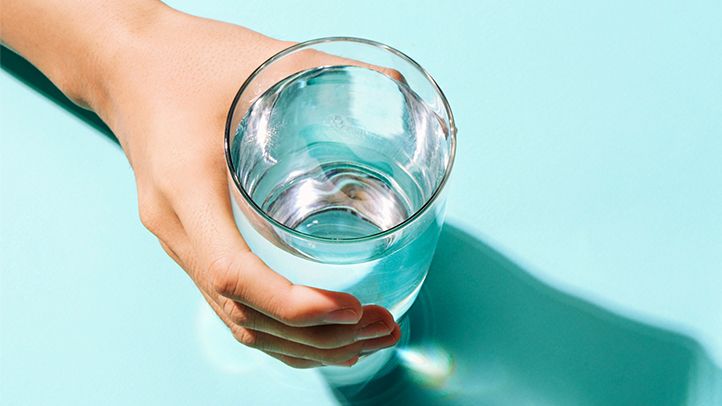
The Cause and Effect
Bloating refers to the sensation of fullness or tightness in the abdomen, often accompanied by a visibly distended stomach. It typically occurs when excess gas or fluids accumulate in the digestive system, leading to a feeling of discomfort. While bloating is common and can happen after any meal, the severity and frequency of the condition can vary.
Causes of Post-Meal Bloating
Bloating can be caused by a variety of factors, many of which are related to diet and lifestyle. Some of the most common causes of bloating after meals include:
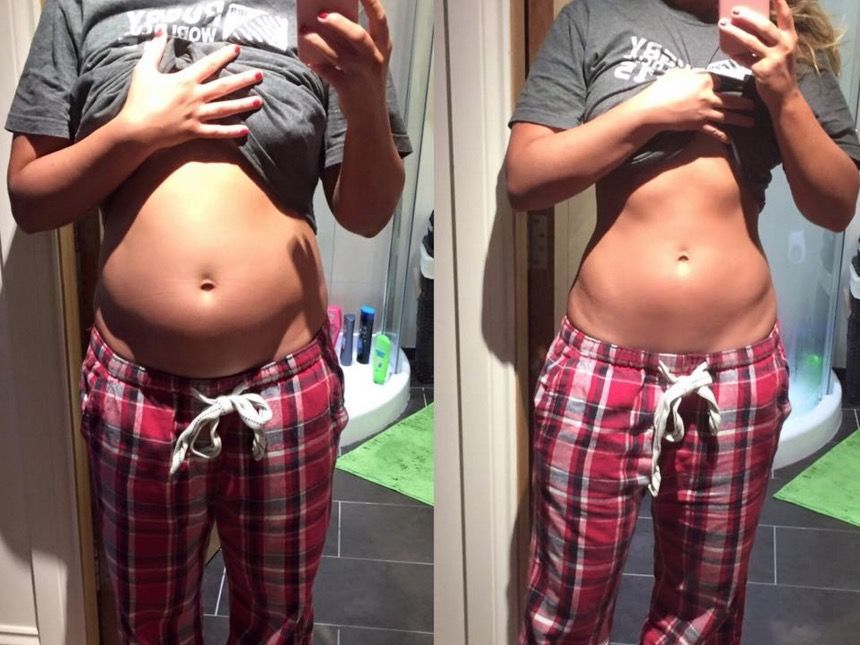
- Gas Production: The digestive process produces gas as food is broken down in the stomach and intestines. Certain foods, especially those high in fiber or sugars that are difficult to digest, can lead to an increased production of gas. The bacteria in the gut ferment undigested food, releasing gas in the process.
- Food Intolerances: Some individuals have difficulty digesting certain foods due to food intolerances or sensitivities. Lactose intolerance, for example, occurs when the body lacks the enzyme necessary to break down lactose, leading to bloating and discomfort after consuming dairy products. Similarly, individuals with gluten sensitivity may experience bloating after eating foods containing gluten.
- Overeating: Consuming large portions of food can overwhelm the digestive system, leading to bloating. When the stomach is overfilled, it may stretch and cause discomfort.
- Swallowed Air (Aerophagia): Swallowing air while eating or drinking can contribute to bloating. This is particularly common when eating quickly, drinking carbonated beverages, or chewing gum.
- Constipation: When bowel movements are infrequent or difficult, stool can build up in the intestines, leading to bloating. This is often accompanied by abdominal discomfort and a feeling of fullness.
- Fluid Retention: Hormonal changes, particularly in women during menstruation, can cause the body to retain excess water, leading to bloating after meals. Similarly, certain medications or a high-sodium diet can contribute to fluid retention.
- Gastrointestinal Disorders: Chronic conditions such as irritable bowel syndrome (IBS), celiac disease, or inflammatory bowel disease (IBD) can lead to frequent bloating after eating. In these cases, bloating may be accompanied by other symptoms like diarrhea, constipation, or abdominal cramping.
Foods That Contribute to Bloating
While each person may have different triggers for bloating, certain foods are known to cause or exacerbate bloating in many individuals. These foods are either difficult to digest, lead to excess gas production, or contribute to water retention. Some common culprits include:
- Beans and Lentils: These legumes are high in fiber and certain carbohydrates (oligosaccharides) that are difficult to digest. These carbs can be fermented by bacteria in the large intestine, leading to the production of gas and bloating.
- Cruciferous Vegetables: Vegetables such as broccoli, cauliflower, cabbage, and Brussels sprouts are rich in fiber and contain complex sugars that can cause gas and bloating when they are broken down by gut bacteria.
- Dairy Products: For individuals with lactose intolerance, dairy products can cause bloating, gas, and diarrhea. Lactose is a sugar found in milk and dairy products, and when it is not properly digested, it ferments in the gut, leading to gas production.
- Carbonated Drinks: Carbonated beverages, including sodas, sparkling water, and beer, contain dissolved carbon dioxide. When these gases are released in the stomach, they can cause a bloated feeling.
- Fried and Fatty Foods: Fatty foods, such as fried foods and rich cuts of meat, can slow down digestion and increase the risk of bloating. These foods take longer to break down, leading to a prolonged feeling of fullness and discomfort.
- Processed Foods: Processed foods often contain high levels of sodium, which can lead to water retention and bloating. They may also contain artificial sweeteners, which can disrupt gut health and lead to bloating.
- Sugar Alcohols: Sugar alcohols, which are commonly used as sugar substitutes in sugar-free gum, candies, and other products, can be difficult to digest and cause bloating. Sorbitol, mannitol, and xylitol are some of the most common sugar alcohols associated with bloating.
Practical Methods to Reduce Bloating After a Meal
Fortunately, there are several strategies that can help reduce bloating after eating. These methods can range from dietary changes to lifestyle adjustments, and they can be tailored to each individual’s needs. Below are some of the most effective ways to alleviate bloating:
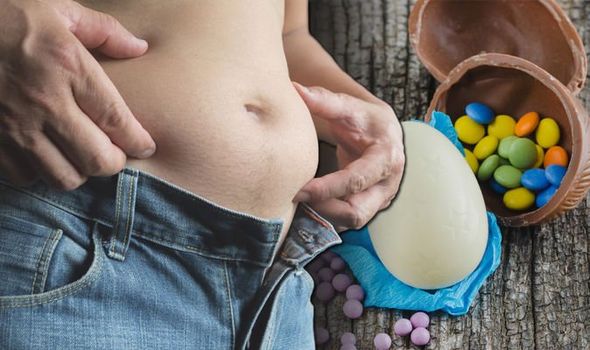
1. Eat Smaller, More Frequent Meals
One of the most effective ways to reduce bloating after meals is to avoid overeating. Eating large meals can overwhelm the digestive system, leading to a feeling of fullness and bloating. Instead, aim to eat smaller, more frequent meals throughout the day. This helps prevent the stomach from becoming overly full and allows the digestive system to process food more efficiently.
Additionally, eating slowly and chewing your food thoroughly can help reduce the amount of air you swallow, which can also contribute to bloating.
2. Avoid Carbonated Beverages
Carbonated drinks can introduce excess gas into the digestive system, leading to bloating. To reduce bloating, it’s a good idea to avoid sodas, sparkling waters, and beer, especially after a meal. Opt for still water, herbal teas, or non-carbonated beverages instead.
3. Limit High-FODMAP Foods
The FODMAP diet is a dietary approach that aims to reduce foods that are high in fermentable oligosaccharides, disaccharides, monosaccharides, and polyols. These carbohydrates can cause excessive gas production in the gut, leading to bloating. Common high-FODMAP foods include beans, lentils, certain vegetables, dairy products, and some fruits.
If you frequently experience bloating after meals, consider working with a healthcare professional or dietitian to identify and limit high-FODMAP foods that may be contributing to your symptoms.
4. Stay Hydrated
Drinking plenty of water throughout the day can help prevent bloating caused by constipation and fluid retention. Staying hydrated helps facilitate digestion and can reduce the sensation of fullness after a meal. Try to drink water between meals, as drinking large quantities of water during meals can sometimes contribute to bloating.
5. Incorporate Probiotics into Your Diet
Probiotics are beneficial bacteria that can help improve gut health and reduce bloating. These bacteria help regulate digestion and can prevent the buildup of gas in the stomach. Probiotic-rich foods include yogurt, kefir, sauerkraut, kimchi, and other fermented foods.
You can also take probiotic supplements, but it’s important to consult with a healthcare professional before starting any new supplement regimen.
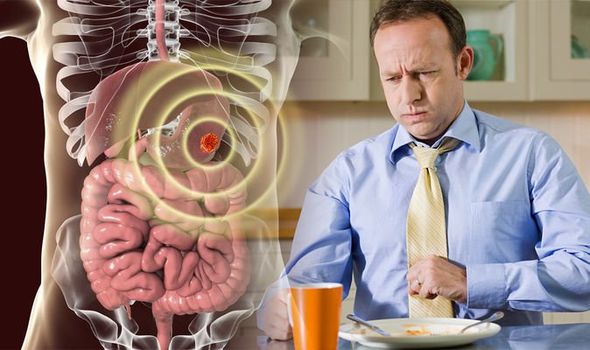
6. Gentle Physical Activity
Engaging in light physical activity after a meal can help promote digestion and reduce bloating. A gentle walk is an excellent way to encourage gastric motility and relieve the feeling of fullness. Avoid lying down immediately after eating, as this can slow down digestion and exacerbate bloating.
7. Use Digestive Enzymes
For individuals who struggle to digest certain foods, taking digestive enzyme supplements may help reduce bloating. These enzymes assist in breaking down food more efficiently, which can prevent the production of excess gas and reduce bloating.
8. Herbal Teas for Digestion
Certain herbal teas can aid digestion and reduce bloating after meals. Peppermint tea is particularly effective, as it has been shown to relax the muscles of the digestive tract, alleviating discomfort and bloating. Ginger tea is another great option, as it can help reduce inflammation and promote better digestion.
9. Avoid Eating Before Bed
Eating large meals or heavy foods right before bed can contribute to bloating and indigestion. To give your digestive system time to process food, try to eat your last meal of the day at least two to three hours before going to sleep.
10. Identify and Manage Food Intolerances
If you suspect that certain foods are causing your bloating, it may be helpful to work with a healthcare provider to identify food intolerances or sensitivities. Eliminating or reducing the intake of problematic foods can help minimize bloating and improve your overall digestive health.
Bloating after meals is a common digestive issue that can cause discomfort and inconvenience. However, by understanding the underlying causes of bloating and adopting practical strategies, it is possible to alleviate this problem. Eating smaller meals, avoiding carbonated drinks, staying hydrated, and incorporating probiotic-rich foods can all help reduce bloating and promote better digestion.
If bloating persists or becomes a frequent issue, it’s important to consult with a healthcare provider to rule out any underlying medical conditions. With the right approach, you can enjoy your meals without the discomfort of bloating and improve your overall digestive health.


